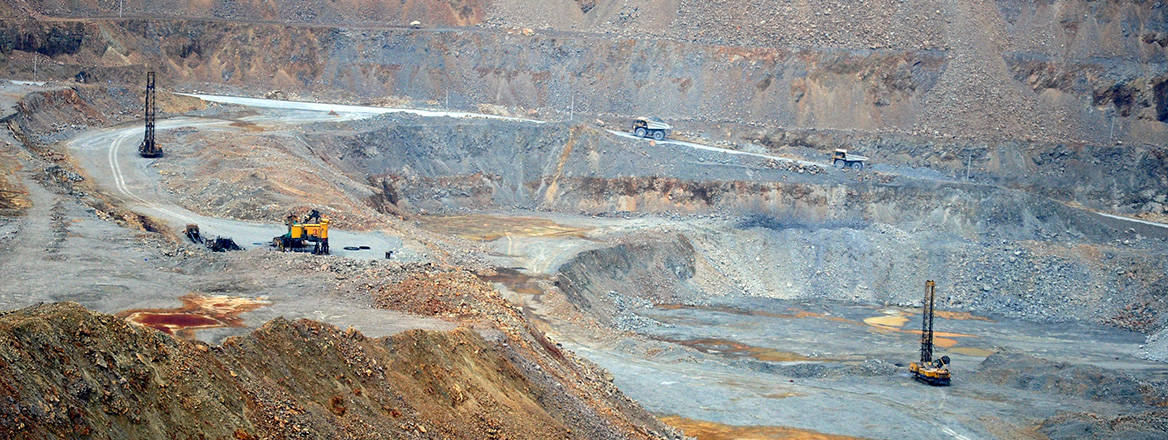Navigating Clean Energy Industries and Rivalry in Decarbonisation
In this research paper, Dan Marks and James Henderson address a series of questions, including how to ensure the security of production networks while simultaneously decarbonising rapidly and affordably, promoting innovation and maximising local economic benefits.
They argue against protectionism and 'friend-shoring' in favour of policies which emphasise the importance of relatively open commodity and capital markets, fair competition and diversification.
Key Findings
Constructing a set of indices based on the export of 50 critical clean energy products across all stages of the battery, EV, solar photovoltaic (PV) and wind supply chains and a further 65 related products, the paper draws a number of key conclusions, including:
- Neither EU nor US strategies for clean energy industries and mineral security sufficiently recognise the importance of investment in countries outside China and the Western markets for diversification and growth. This is evidenced by the lack of alternative Western financing available for mineral and mineral processing to encourage diversification from China, even when assets are available.
- China’s long-term clarity of policy direction and willingness to bring large-scale investment to the table stand in marked contrast to Western strategy in many middle-income countries.
- The UK should seek to ensure that access to EU and US markets is as streamlined as possible through regulatory alignment and by concluding negotiations over a critical minerals agreement, while maintaining access to Chinese markets and managing the inevitable contradictions this involves.
- To maximise economic growth and industrial resilience, the UK should be more proactive in bringing strategically important middle- and low-income countries into its industrial networks and promoting UK outward investment into these countries, to support the most rapid expansion of low-cost supply possible.
- The paper finds that the UK is the 11th most strategically important producer in the global industries covered and 10th in terms of competitiveness and industrial potential. In EV production, the UK comes a distant fourth in terms of current strategic importance but, perhaps unexpectedly, is punching above its weight in EVs compared with what might be expected, given the size of its conventional automotive industry.
The authors conclude that the answer to China’s current overwhelming scale is likely to be increased trade and investment in the most competitive locations for different stages of production, and that environmental and social regulations should be welcomed, but should not serve to exclude challenging jurisdictions from the supply chain by being overly prescriptive or introducing prohibitive costs on suppliers.
WRITTEN BY
Dan Marks
Research Fellow for Energy Security
Organised Crime and Policing
Dr James Henderson
RUSI Associate Fellow, Energy and Security
- Jim McLeanMedia Relations Manager+44 (0)7917 373 069JimMc@rusi.org




